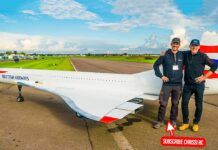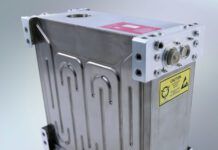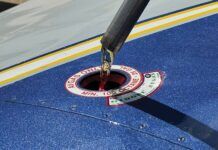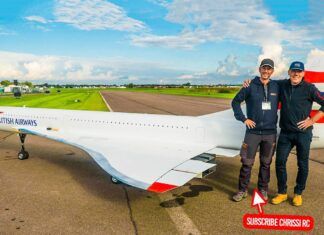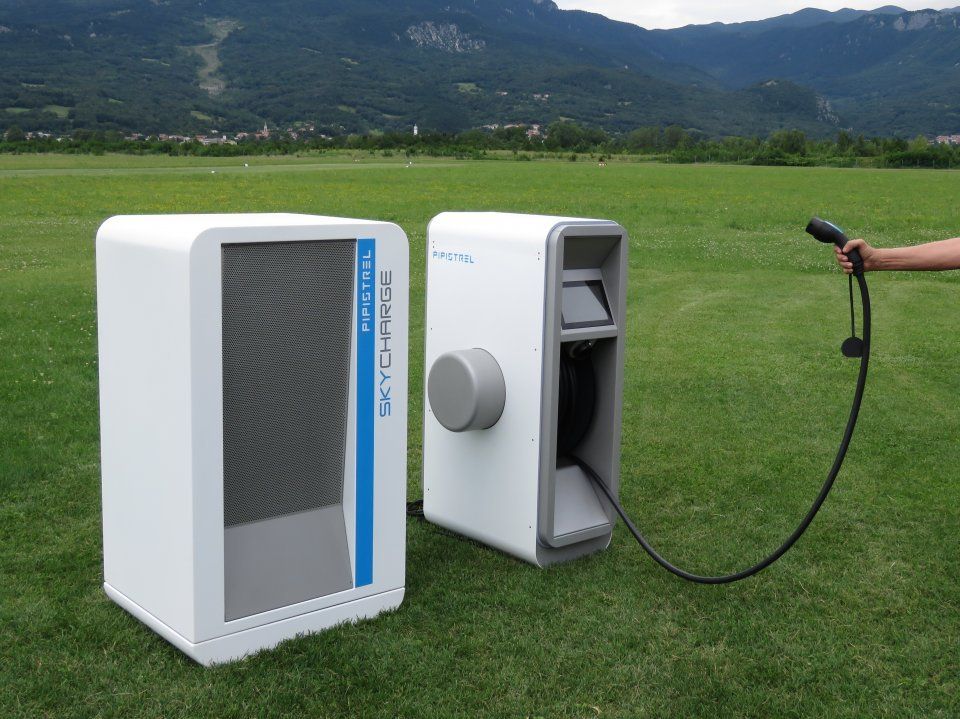
While Slovenia-based Pipistrel has aggressively expanded into electric aircraft and has dozens in the field, it acknowledges that lack of battery capacity still makes electrics less than fully functional airplanes. One possible fix: rapid charging systems that use water cooling to potentially halve the amount necessary to top off the batteries.
At AirVenture 2018, Pipistrel’s Michael Coates told us in this podcast that that the company’s Alpha Electro—the first electric two-seat light aircraft to be remotely practical—is finding sales traction, but would-be buyers are still put off by lack of endurance and long charging times. The Electro is capable of about an hour—more or less—of pure battery fight. Coates explained that Pipistrel is developing charging stations for its electric aircraft similar to Tesla’s Supercharger idea. But depending on temperature, it still takes about 45 minutes to top off the batteries.
Coates said battery manufacturers promise higher capacity batteries but the gains are only about 6 to 8 percent a year, too slow to make a meaningful dent in endurance and function. One thing Pipistrel is experimenting with is a water cooling system to keep the batteries from overheating during a rapid charge—possibly as little as 20 minutes. The Electro was originally developed with quick change battery packs, but they require a dedicated cart and weigh more than 100 pounds, so they’re cumbersome to handle. Customers seem to be favoring in-aircraft charging.
Six Alpha Electros are in use in the U.S., all in California. Under an FAA waiver, they’re allowed to be used like any other light sport aircraft, including for training. The FAA is currently revising regulations to allow electric aircraft to be approved without exemptions.
Coates says Pipistrel’s data indicates the operating cost for the Electro is about $25 per hour, to allow for charging, battery replacement and maintenance. While the Rotax version of the airplane costs between $105,000 and $108,000, the electric version costs $138,000.












